On Wednesday, House Democrats passed an 800-page bill that would mandate insecure voting processes and subject voting tallies to partisan manipulation. It’s a slap in the face to the half of Americans, including many Democrats, who believe the 2020 election was riddled with fraud and errors, largely due to the rapid expansion of mail-in balloting and other suspensions of state election laws.
“It is difficult to imagine a legislative proposal more threatening to election integrity and voter confidence,” write 20 Republican attorneys general in a Thursday letter about the ridiculously named For The People Act of 2021, or H.R. 1. Democrats have made the bill their top priority this Congress to permanently cement their current unified control of the federal government.
The bill “would (among other things) implement nationwide the worst changes in election rules that occurred during the 2020 election; go even further in eroding and eliminating basic security protocols that states have in place; and interfere with the ability of states and their citizens to determine the qualifications and eligibility of voters, ensure the accuracy of voter registration rolls, secure the fairness and integrity of elections, and participate and speak freely in the political process,” says a Heritage Foundation analysis.
H.R. 1 broadcasts Democrats’ goals for unending electoral dominance through openly rigged voting processes. It would engineer an unconstitutional federal takeover of state elections for national office. No surprise, then, that Joe Biden says he will sign this legislation if it reaches his desk.
Here are just some of the unconstitutional, absurd, nakedly partisan, and crime-assisting provisions in this bill that 220 House Democrats voted for and every House Republican voted against.
1. Openly Breaks the Constitution
As the attorneys general note, “Under both the Elections Clause of Article I of the Constitution and the Electors Clause of Article II, States have principal—and with presidential elections, exclusive—responsibility to safeguard the manner of holding elections.” This bill would instead unconstitutionally give Congress primacy over state elections, in numerous ways.
Yet the Constitution expressly affords the states, not Congress, the power to determine how presidential electors are selected. Mandating mail-in voting, requiring states to accept late ballots, overriding state voter ID laws, and mandating that states conduct redistricting through unelected commissions all violate states’ constitutional authority in conducting elections.
2. Set Up Star Chambers to Intimidate Judges
The bill would establish a “Commission to Protect Democratic Institutions” that would have the power to force judges to testify before a panel of unelected federal bureaucrats. According to the bill on page 389, the commission, or any member or subcommittee of the commission, may “hold hearings and sit and act at such times and places, take such testimony, receive such evidence, and administer such oaths as the Commission considers advisable.”
This commission, the Heritage analysis finds, “would be given the authority to compel judges to testify and justify their legal decisions, threatening their independent judgment and subjecting them to political pressure and harassment.”
3. Mandate Mail-in Ballots, 10-Day Delay in Results
Rather than reject the 2020 electoral chaos caused by bureaucrats suspending state election laws to further unreliable mail-in voting and suspend legal deadlines for mailed ballots, H.R. 1 would mandate this electoral chaos forever.
The bill mandates universal mail-in balloting and requires states to wait ten days after election day for any outstanding tranches of ballots to be suddenly discovered in Democrat-run strongholds — oops, I mean, allow all ballots to arrive. The Heritage report notes that “no-fault absentee ballots” “are the tool of choice for vote thieves.”
Besides a recipe for chaos and partisan election manipulation, this is unconstitutional. The attorneys general note that “The exclusivity of state power to ‘define the method’ of choosing presidential electors means that Congress may not force states to permit presidential voting by mail or curbside voting.”
4. Eliminate Voter ID Election Security
“Perhaps most egregious is the Act’s limitations on voter ID laws,” write the attorneys general. “Fairly considered, requiring government-issued photo identification at the polls represents nothing more than a best practice for election administration.”
After a brief overview of this history of bipartisan support for voter ID laws, the letter continues: “Voter ID laws remain popular, with thirty-five states requiring some form of documentary personal identification at the polls. Yet the Act would dismantle meaningful voter ID laws by allowing a statement, as a substitute for prior-issued, document-backed identification, to ‘attest[] to the individual’s identity and . . . that the individual is eligible to vote in the election.’ This does little to ensure that voters are who they say they are. Worse, it vitiates the capacity of voter ID requirements to protect against improper interference with voting rights.”
5. Register Millions Of Criminally Present Foreign Citizens to Vote
By forcing states to automatically and duplicatively register all people to vote through government outposts such as motor vehicles, state universities, and welfare agencies, H.R. 1 would register millions of illegal migrants to vote in the United States. According to their own reports on surveys, millions of illegally present foreign citizens vote in the United States, and overwhelmingly for Democrats. Democrats including President Barack Obama have worked to prevent states from enforcing laws against foreign citizens voting in U.S. elections.
This bill would essentially create de facto voting rights for the tens of millions of non-citizens inside the United States. Under this bill, states must automatically register every adult and are legally prohibited from inspecting or checking whether anyone who votes is legally eligible to do so.
The bill also bans courts from enforcing any legal penalties on any foreign citizens who illegally vote in the United States (Section 1015). This bill’s provisions would thus allow anyone inside the United States to vote in its elections with no consequences, even if they are not citizens and have demonstrated contempt for our nation by breaking our laws to take advantage of our freedoms (for as long as they last).
6. Explode Opportunities for Election Cheating
“Adding to the threat of increased voter fraud, the Act would mandate nationwide automatic voter registration and Election Day voter registration,” write the attorneys general. “Such systems would provide too many opportunities for non-citizens and others ineligible to vote to register and cast fraudulent ballots before officials can take preventive action.”
Allowing people to register the same day they vote in 2020 contributed to suspiciously high — near or even above 100 percent — percentages of registered voters reportedly casting ballots in many precincts, often in key locations.
The bill would also “Prevent election officials from checking the eligibility and qualifications of voters and removing ineligible voters,” notes the Heritage analysis. It would require every ballot to be considered legitimate from the get-go, effectively banning provisional ballots.
Those are currently used, for example, when a voter shows up at the polls and records say he already voted or he is registered using incorrect information such as the wrong address. Under this bill, he could still vote without the error being cleared up, and with a regular, not provisional, ballot.
The bill would also eliminate any requirements that a witness sign an absentee ballot, and send absentee ballots for life to everyone who has ever used one. It would also effectively ban matching signatures on absentee ballots to government records of the voter’s signature, such as from a driver’s license record (Section 307).
Therefore, the bill eliminates almost every safeguard meant to protect against fraud and give voters confidence in election results.
7. Prevent Cleaning Up Voter Rolls
If the bill passes into law, “States could not use a combination of voter inactivity and unresponsiveness to maintain voter lists but may instead remove illegitimate voter registrations only where officials obtain some other unspecified ‘objective and reliable evidence that the registrant is ineligible to vote,’” write the 20 state attorneys general. “This attack on reliable methods that states have been using to maintain voters lists without specifying any reasonable permissible alternatives belies any actual interest in preventing voter fraud. The objective, rather, seems to be to prevent meaningful voter list maintenance altogether.”
Moreover, the bill threatens anyone, such as a local election official or poll watcher, who might undertake any questioning of any voter or attempts to establish his or her eligibility to vote. Section 1071 says: “It shall be unlawful for any person, whether acting under color of law or otherwise, to corruptly hinder, interfere with, or prevent another person from registering to vote or to corruptly hinder, interfere with, or prevent another person from aiding another person in registering to vote.” The maximum penalty for this would be up to five years in prison.
8. Unleash Mobs on Political Donors
If passed, the bill would require that political speakers and nonprofit organizations publish the identities of their donors. This would create blacklists for leftist activists to target to prevent their political opponents from the opportunity to speak in public, note the attorneys general.
In addition, the bill would require massive compliance costs for “candidates, citizens, civic groups, unions, corporations, and nonprofit organizations,” says the Heritage Foundation. “Many of these provisions violate the First Amendment, protect incumbents, and reduce the accountability of politicians to the public; its onerous disclosure requirements for nonprofit organizations would subject their members and donors to intimidation and harassment.”
Even the leftist American Civil Liberties Union expressed concern about these provisions in a letter to top House Democrats. These sections of H.R. 1 “could harm political advocacy and expose non-profit donors to harassment and threats of violence should their support for organizations be subject to forced disclosure,” the ACLU wrote.
9. Gerrymander Districts to Favor Democrats
The bill would establish a commission of unelected national bureaucrats to decide where the political boundaries for various districts will be, rather than state elected officials.
“At least when legislatures draw boundary lines voters may punish egregious behavior at the next election; not so with government-by-commission, which trades accountability for mythical expertise and disinterest,” complain the Republican attorneys general about this provision. “The republican form of government inherently rejects the idea that elites have some unique capacity to discern and implement the best policies. The American tradition instead embraces political accountability as the best way to advance the public interest. With respect to political redistricting, no ideal, perfectly balanced congressional boundaries exist, so we should let the people decide, through their elected officials, where to place them.”
10. Make Vote Hacking Easier
The bill’s mass forced voter registration of every person with a record in various state databases comprises “a recipe for massive voter registration fraud by hackers and cyber criminals,” the Heritage analysis finds. Government databases are notorious for breaches of private information by cybercriminals and foreign countries. This would also create numerous duplicate voter registrations that the bill bans state and local officials from cleaning up, potentially assisting individuals in voting multiple times.
11. Let Former Felons Vote Before They’ve Completed Their Sentences
The Heritage analysis says this bill would also “Require states to restore the ability of felons to vote the moment they are out of prison regardless of uncompleted parole, probation, or restitution requirements. Section 2 of the Fourteenth Amendment gives states the constitutional authority to decide when felons who committed crimes against their fellow citizens may vote again. Congress cannot override a constitutional amendment with a statute.”
12. Help 16- and 17-Year-Olds Vote Illegally
H.R. 1 “would also require states to allow 16-year-olds and 17-year-olds to register; when combined with a ban on voter ID and restrictions on the ability to challenge the eligibility of a voter, this would effectively ensure that underage individuals could vote with impunity,” says the Heritage analysis.
In Section 1091, the bill establishes a federal pilot program in public schools to register 12th graders to vote. This is a blatant attempt to push elections Democrat, as polls have shown for decades the younger people are, the more likely they are to vote Democrat.
13. Bans Keeping the Records Necessary for an Election Audit or Recount
In Section 1502, the bill would ban state and local officials from preserving the record of paper ballots that make trustworthy post-election recounts and audits possible. It states: ‘‘The voting system shall not preserve the voter-verified paper ballots in any manner that makes it possible, at any time after the ballot has been cast, to associate a voter with the record of the voter’s vote without the voter’s consent.”
14. Mandates Ballot Drop Boxes
In Section 1907, H.R. 1 would mandate that, beginning 45 days before an election, “In each county in the State, each State shall provide in-person, secured, and clearly labeled drop boxes at which individuals may, at any time during the period described in subsection (b), drop off voted absentee ballots in an election for Federal office.” This allows for the anonymous submission of absentee ballots outside of mail.
It is also a recipe for massive fraud, given that in 2020, when mail-in balloting was massively expanded, more than 26 million ballots were requested and never returned. Since this bill also requires all votes to be presumed valid, anyone could gather up any number of ballots that this law also requires to be mailed to all people listed in every government database, fill them out, and dump them in.
Tens of millions would be available for ventures like these. This bill would also legalize “ballot harvesting,” or authorizing one individual to collect such ballots and turn them in by the barrel.
Even if not one partisan in the entire United States is unscrupulous enough to take advantage of this big cheating opportunity, the mere existence of this possibility would seriously erode public confidence in elections. That should be reason enough for any honest person to oppose it.
15. Giving U.S. Territories Extra Democrat Seats in Congress and the Electoral College
H.R. 1 would form a commission to consider granting five U.S. territories voting rights, but not statehood. This is an open attempt to rig Congress and the presidency in favor of Democrats.
If these territories are granted House, Senate, and Electoral College seats, they could add as many as 10 senators and 18 new Electoral College votes, all almost assuredly filled with Democrats. Notice that at the current construction of the Senate, when a 60-vote majority is needed to pass most items of importance, this plan would give Democrats that insurmountable 60-vote majority to do whatever they want with no obstacles.
Since these remote islands are all welfare states that have chosen to remain dependent on U.S. taxpayer largess rather than developing self-government, they would be poor partners for the existing states, to say the least. Like usual, Democrats don’t even want to challenge them to self-governance. They just want to use them as dependents to expand their political power.
There’s a lot more in this bill, such as that its only limits on voting appear to be regarding absentee ballots for U.S. soldiers. This massive list is not a comprehensive examination.
It should suffice, however, to reveal how insane today’s Democrat Party is that every single House Democrat, save one, voted for this bill. This is a voting bill that only totalitarians seeking a uniparty nation could love.


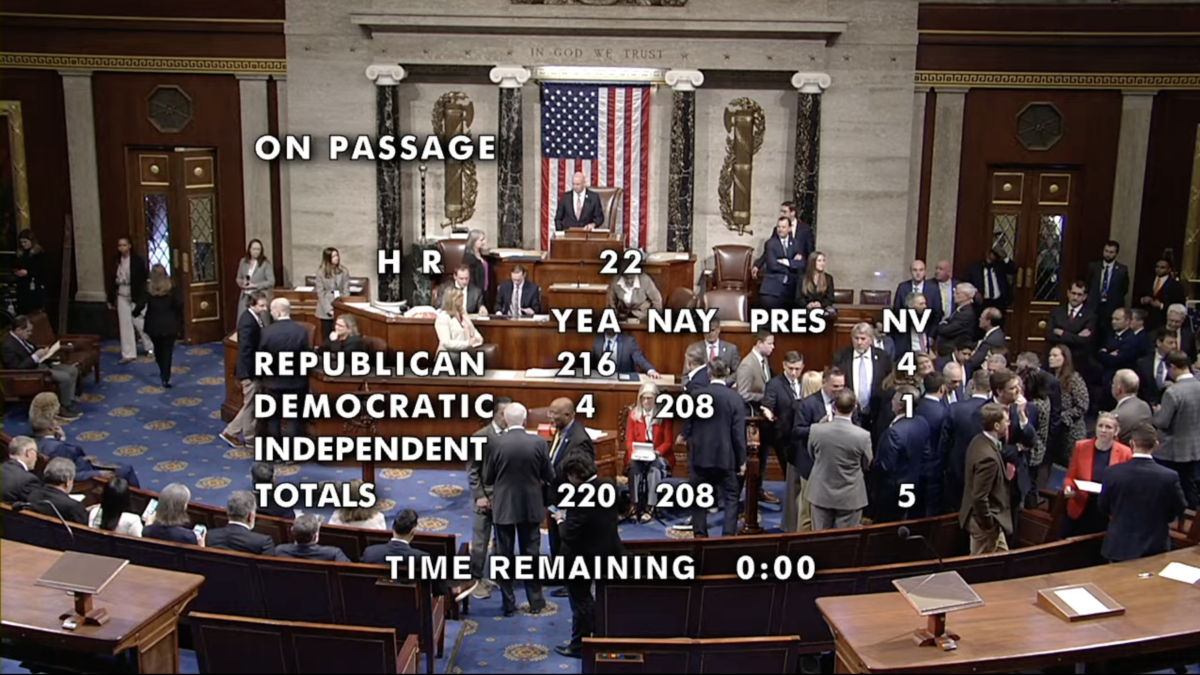
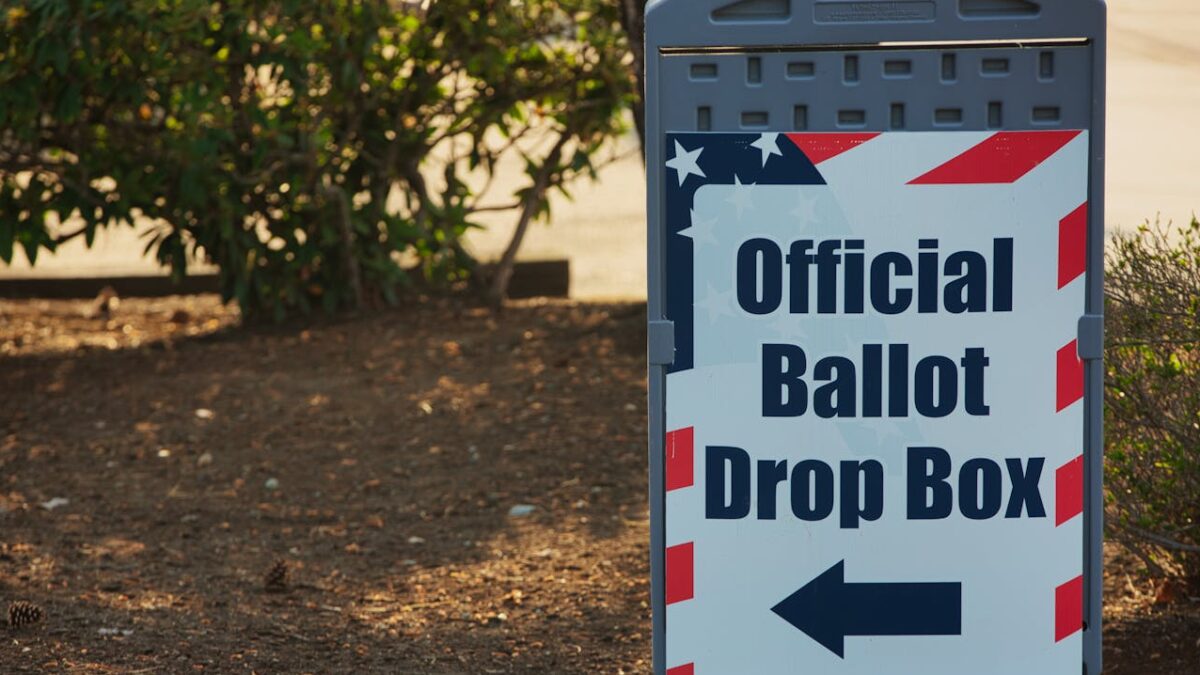

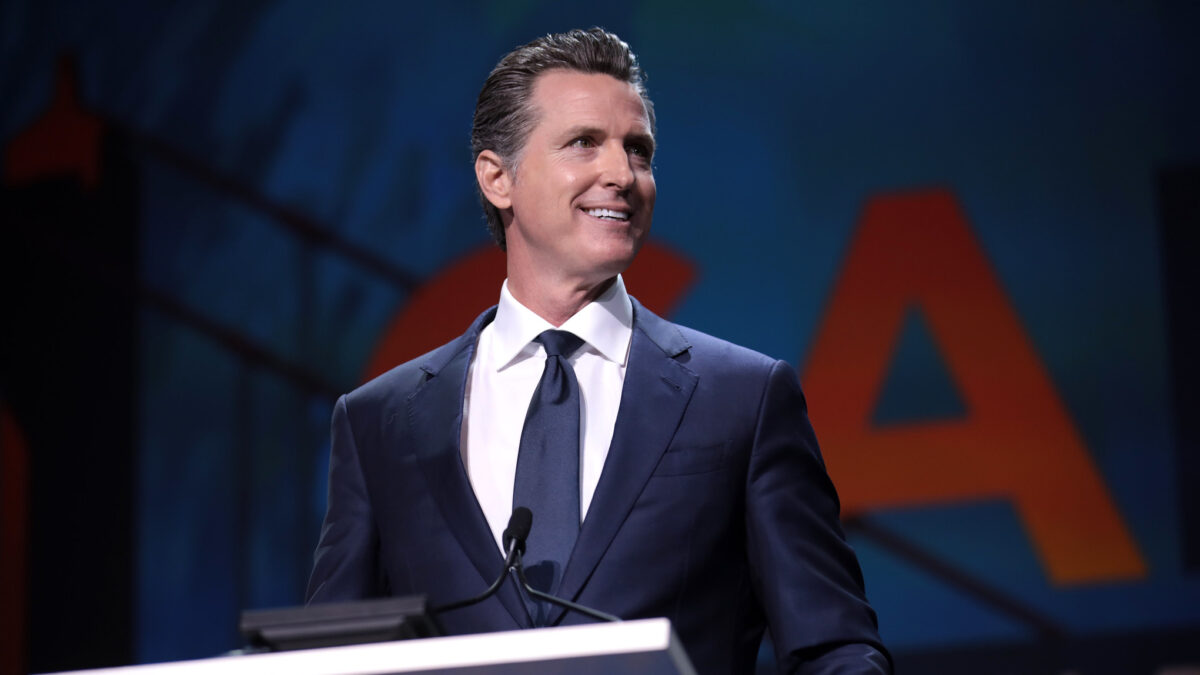
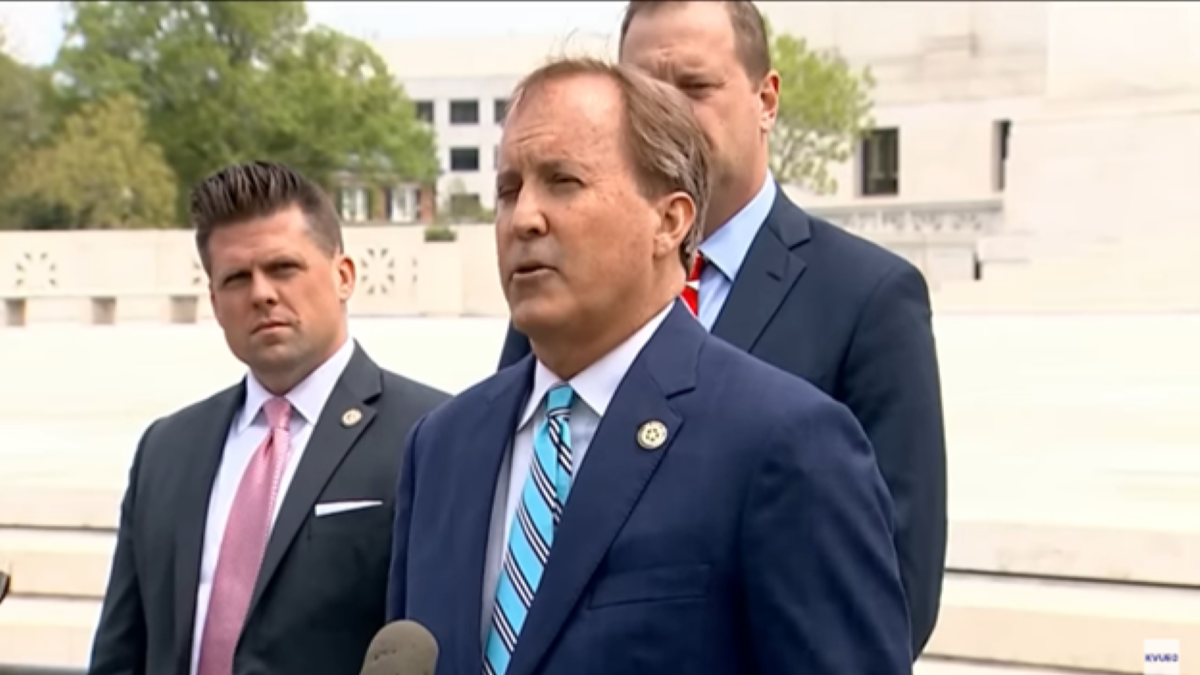

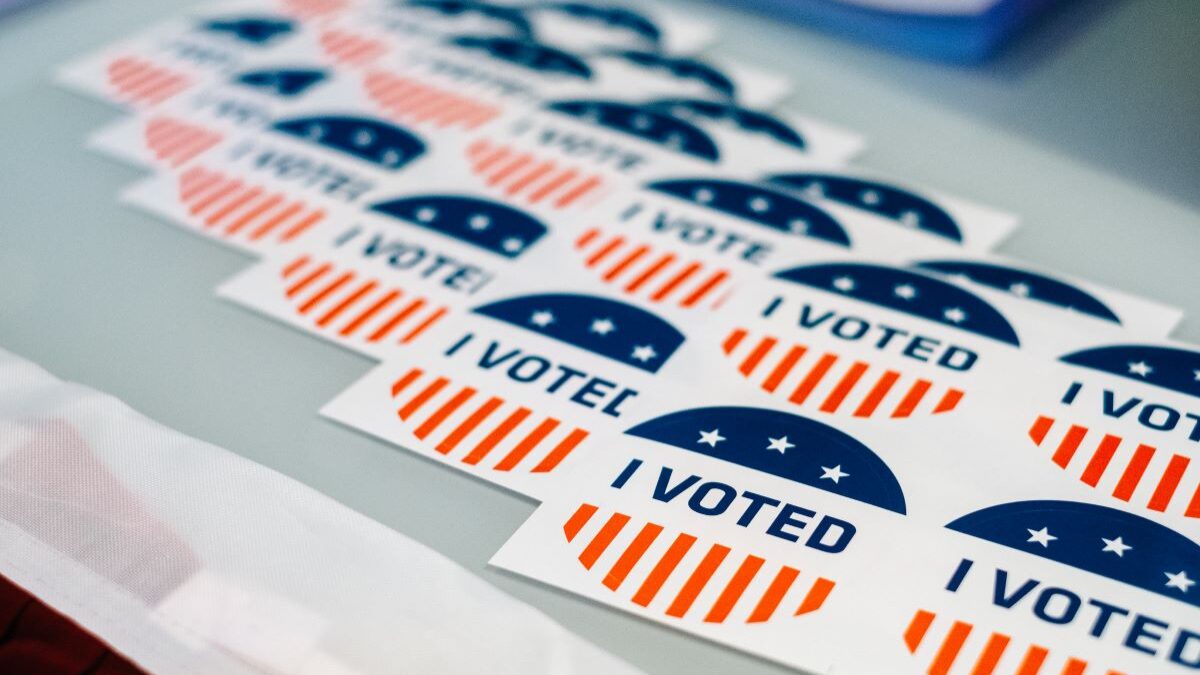


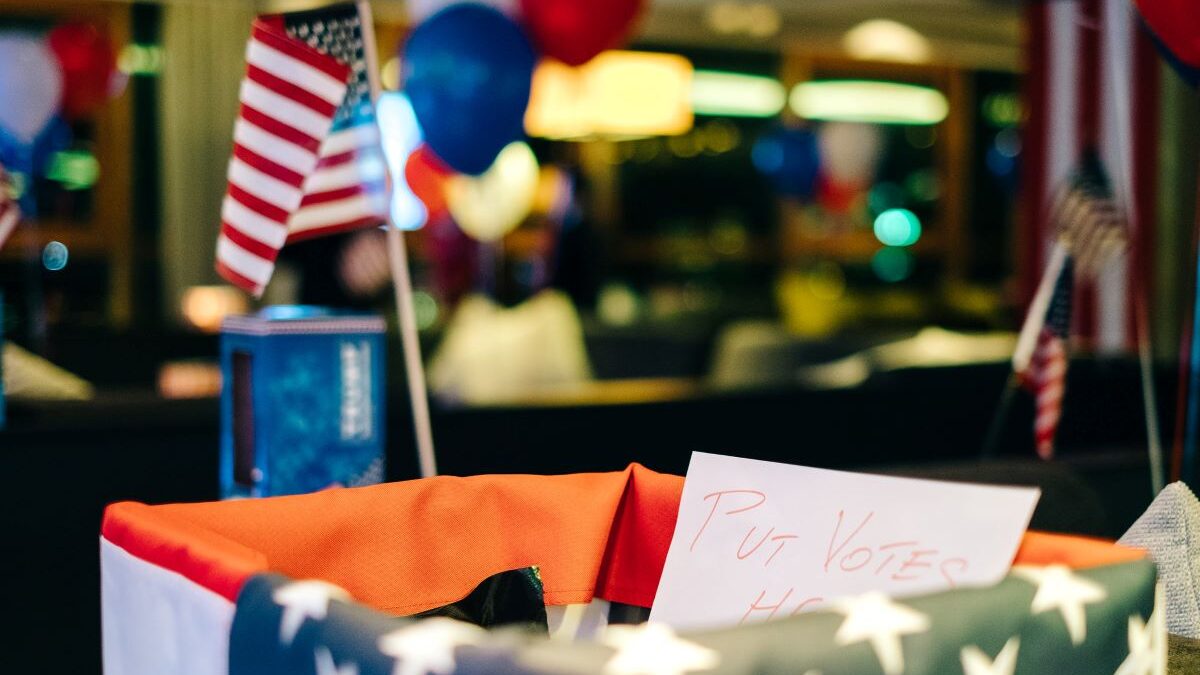
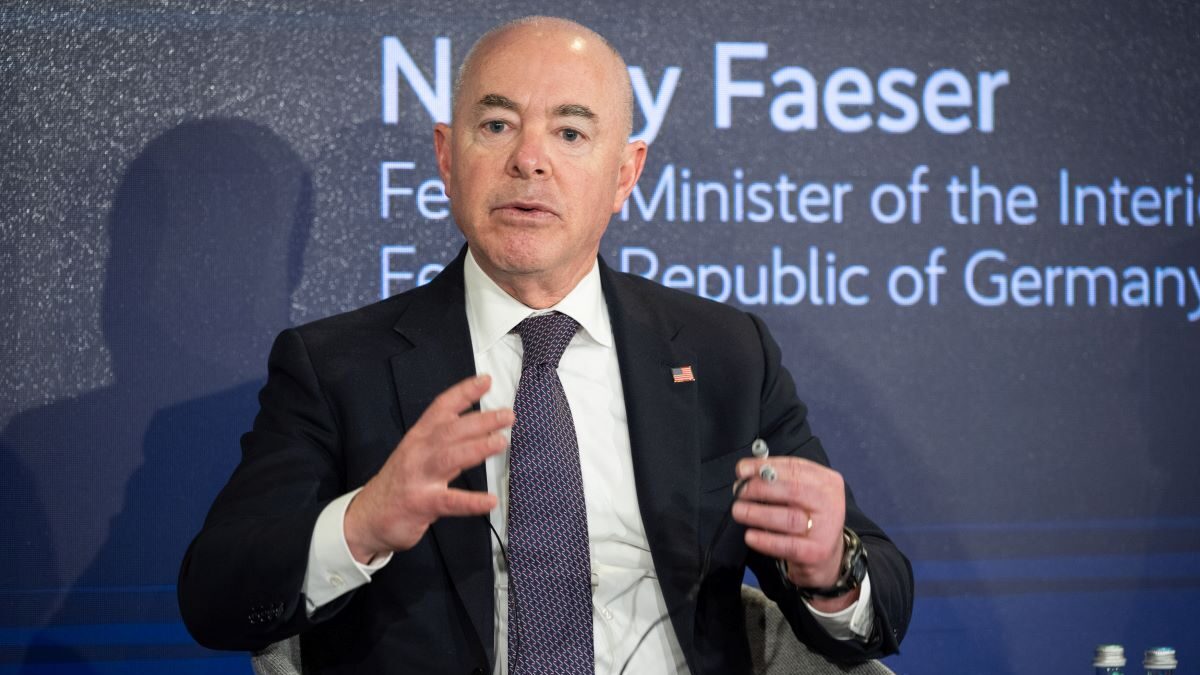
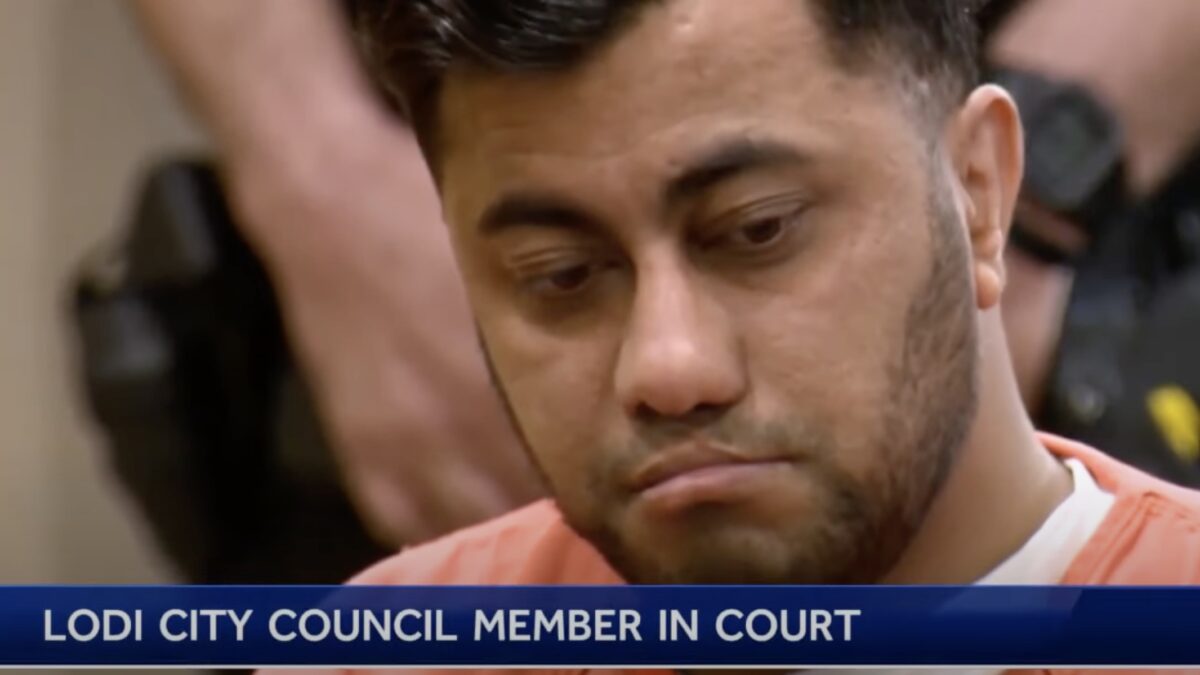


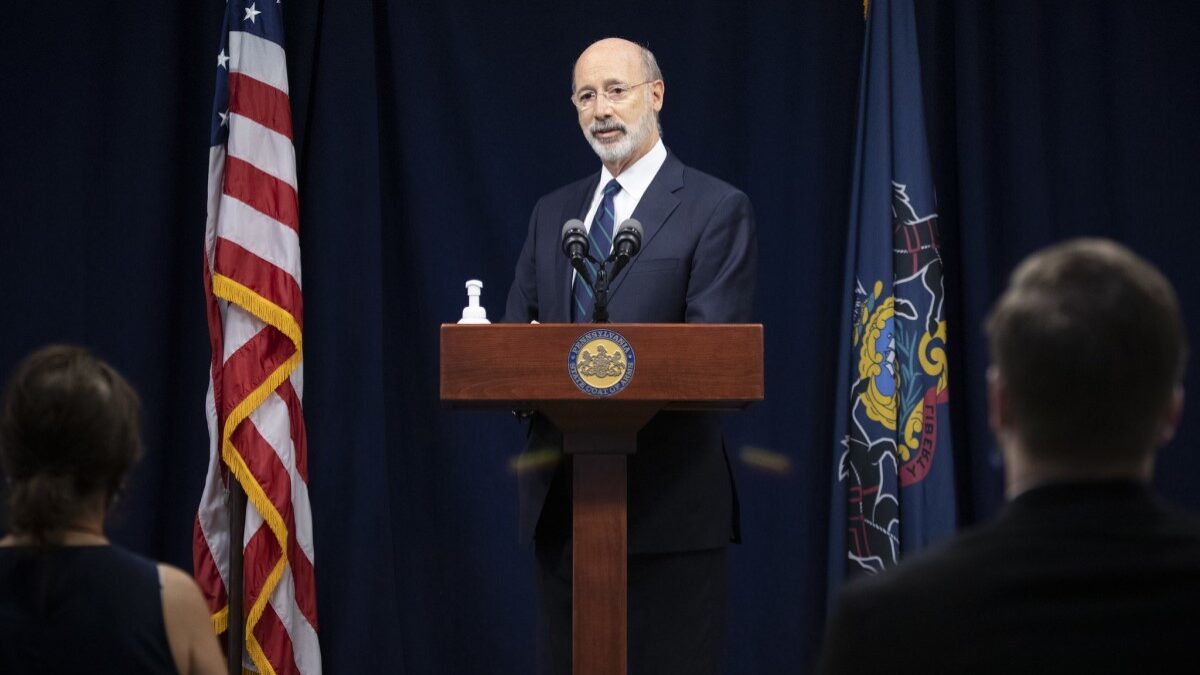

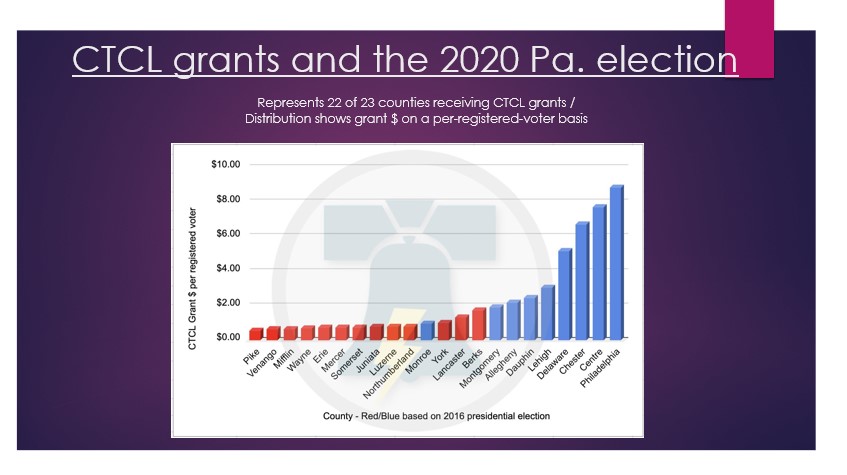
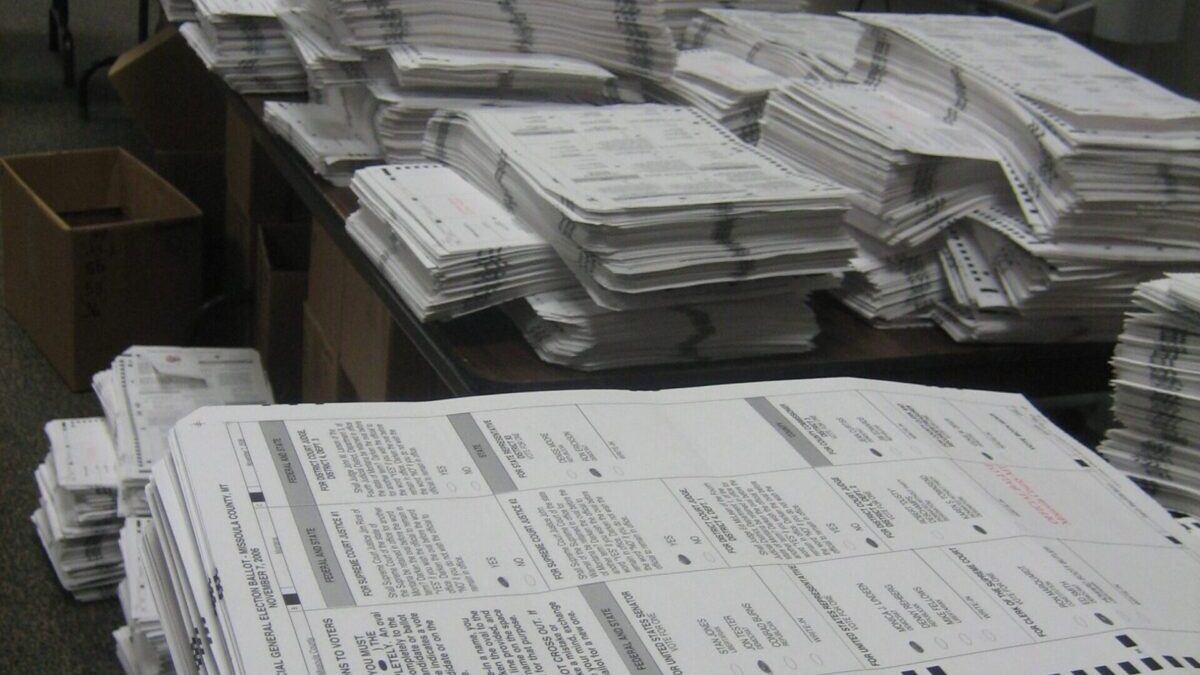

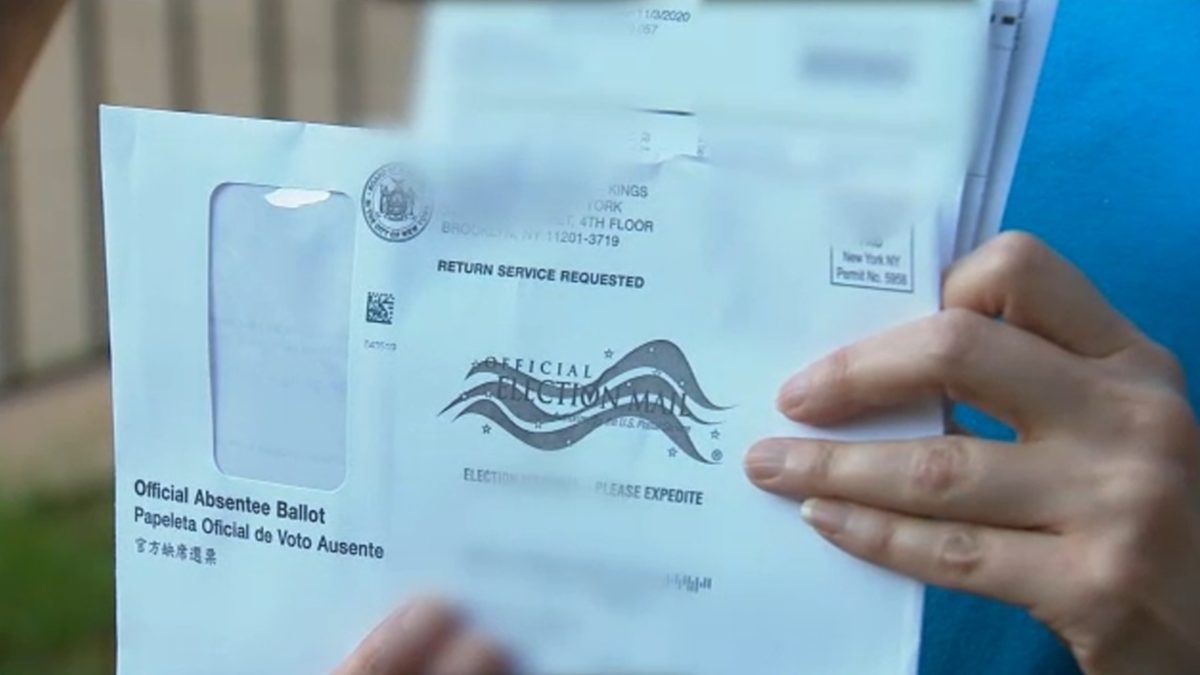
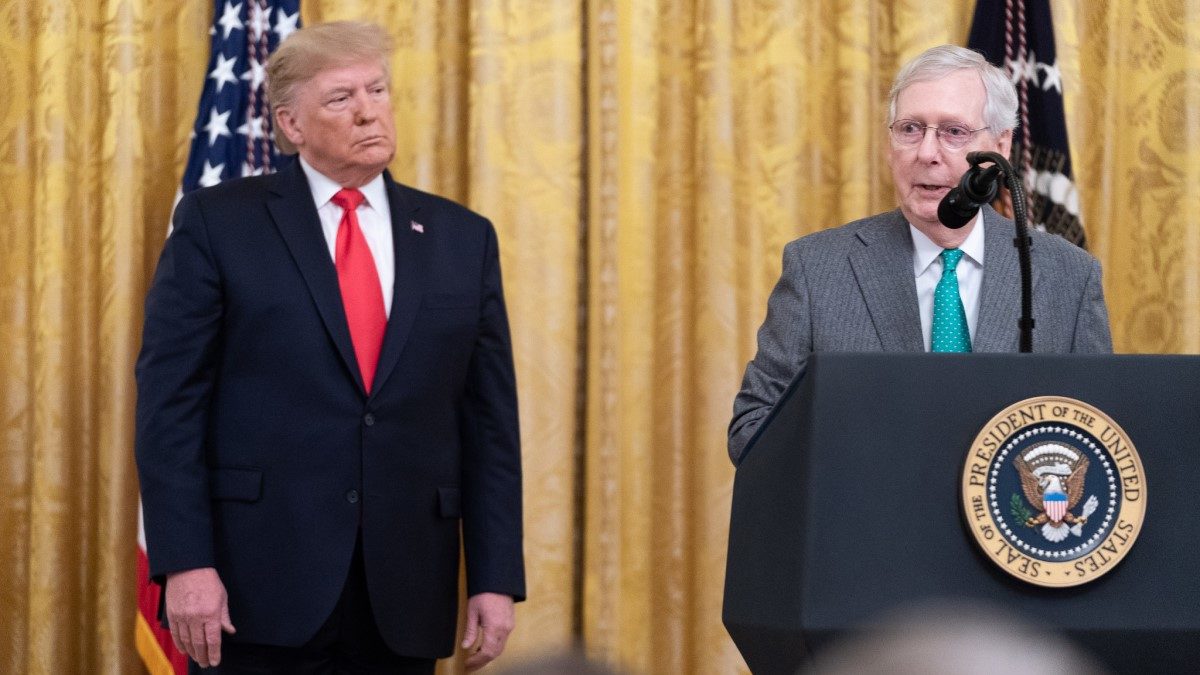
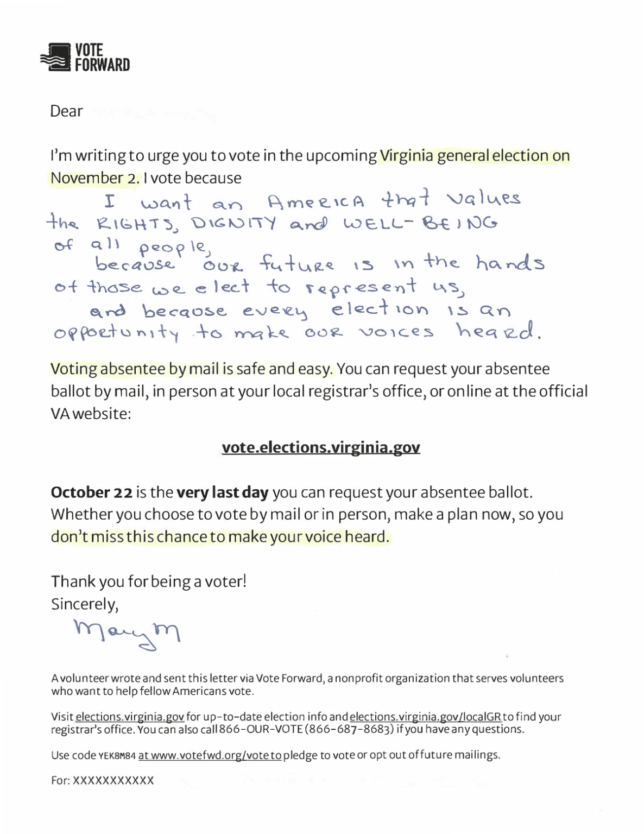





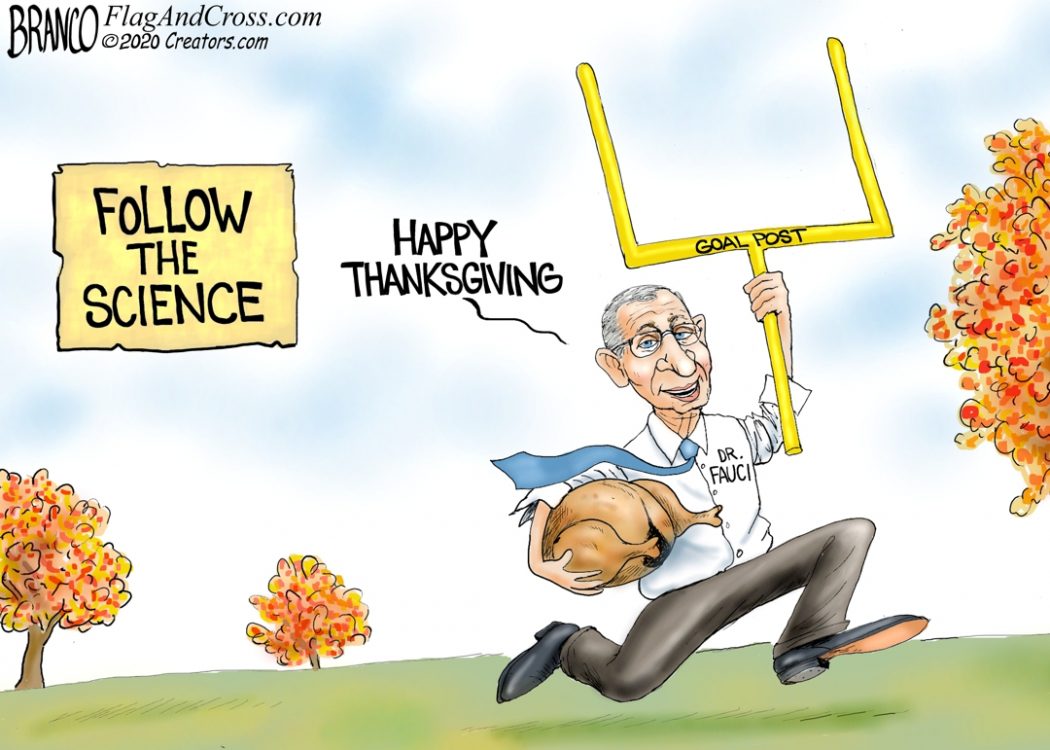
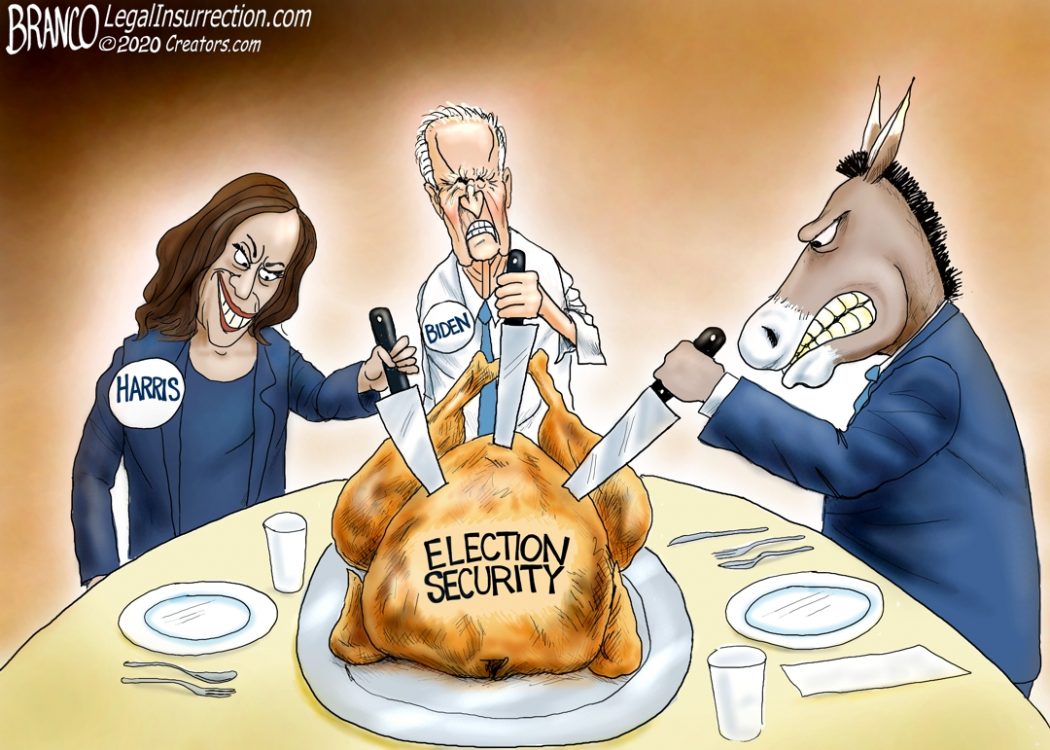
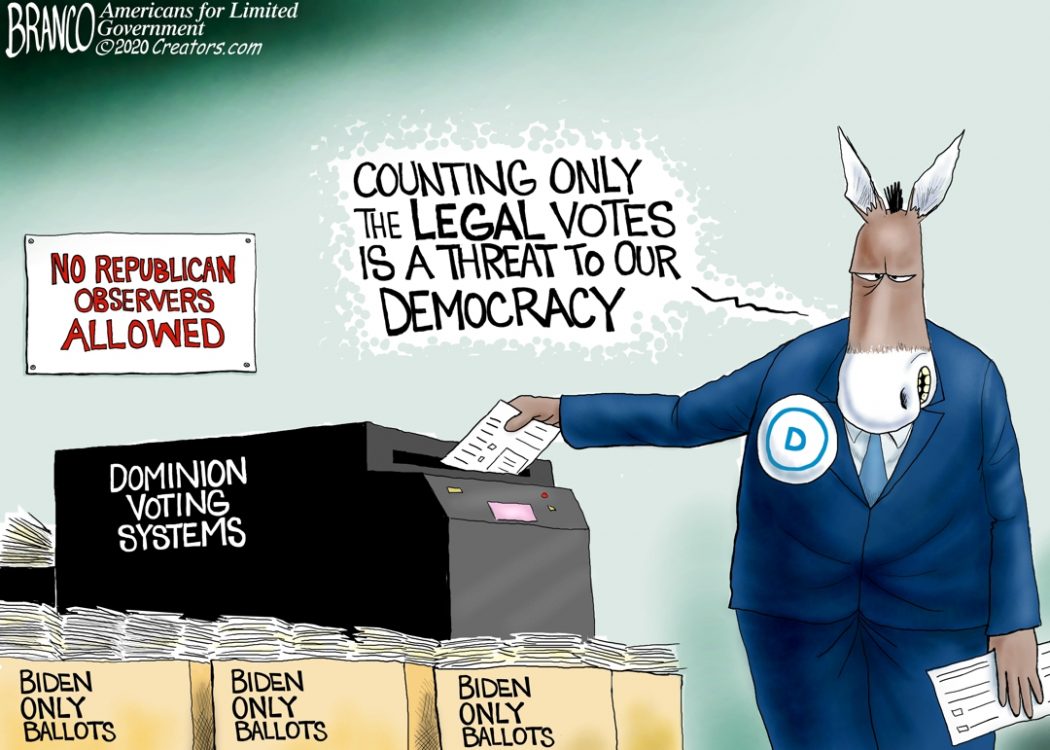



You must be logged in to post a comment.